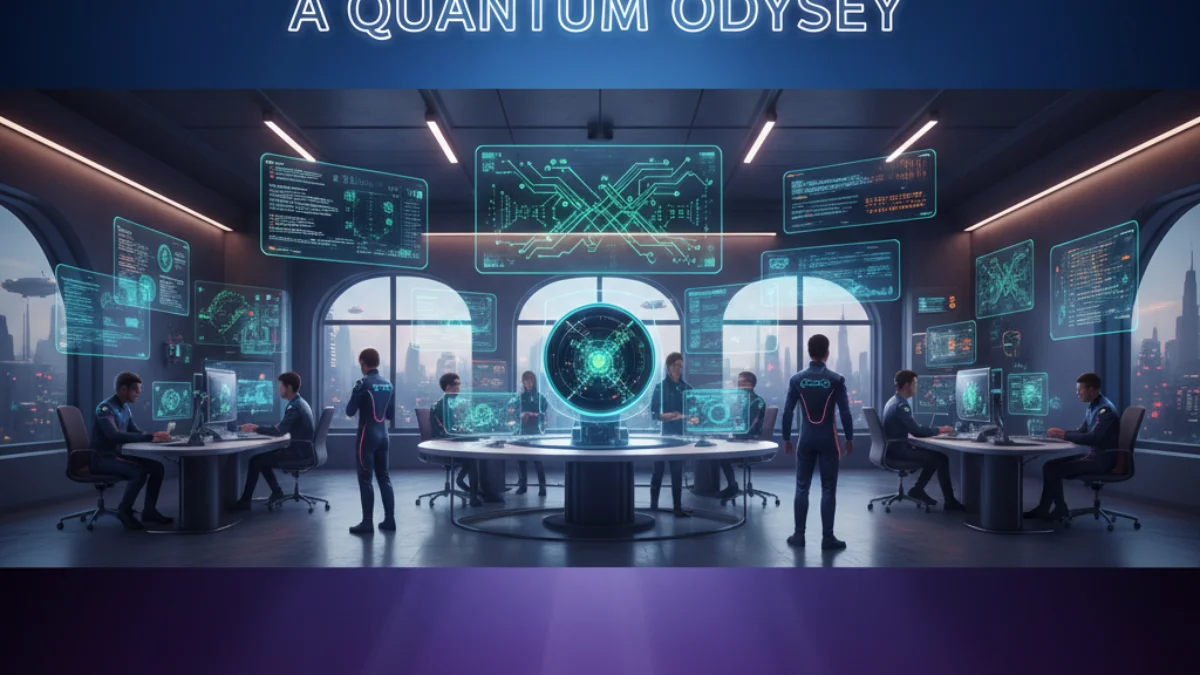Why 2025 is the Year Quantum Moves Beyond Labs
Quantum computing promises to solve problems that classical computers cannot, particularly in optimization, cryptography, and large-scale simulations. By 2025, increased global investments and commercial interest mean the field is becoming more accessible to professionals and students.
As a reader, the most relevant question is how this impacts careers and what skills are required to enter this emerging field.
Quantum vs Classical Computing Explained
Classical computers process information in bits, which are either 0 or 1. Quantum computers use quantum bits or qubits, which can exist in multiple states simultaneously. This allows parallel computation at an unprecedented scale.
Understanding this distinction is critical for anyone looking to start a career in quantum computing.
Global Investments and Industry Growth
The quantum computing sector is receiving strong support from leading organizations:
- Google and IBM: Pioneering quantum hardware and software platforms.
- Microsoft: Developing Azure Quantum for enterprise solutions.
- ISRO and other space agencies: Exploring quantum applications in communications and satellite technologies.
These investments signal growing opportunities for skilled professionals worldwide.
Career Opportunities in Quantum Computing
Quantum computing is opening multiple career paths for professionals:
- Researchers: Conduct experiments to improve quantum algorithms and hardware.
- Algorithm Designers: Create efficient quantum algorithms for real-world applications.
- Quantum Software Developers: Build applications using quantum programming frameworks such as Qiskit and Cirq.
These roles offer competitive salaries and a chance to work on cutting-edge technologies.
Must-Learn Skills
To succeed in quantum computing, focus on these core skills:
- Linear Algebra: Essential for understanding quantum states and transformations.
- Qiskit / Cirq: Quantum programming frameworks for real-world experimentation.
- Python: Widely used in quantum software development.
- Quantum Mechanics Basics: Foundational understanding of how quantum systems operate.
Practical experience and project-based learning are highly valued by employers.
Learning Resources in India
Several universities and platforms are helping Indian students gain expertise:
- Indian Institutes of Technology (IITs): Offer specialized courses in quantum computing.
- Online Platforms: IBM Quantum Experience, Coursera, and edX provide beginner to advanced courses.
- Research Labs and Internships: Opportunities with ISRO, DRDO, and private tech firms.
Career Advice and Recommendations
From a reader’s perspective, actionable guidance is essential:
- Start with online courses and hands-on practice using quantum simulators.
- Focus on one programming framework at a time.
- Combine technical skills with analytical thinking and problem-solving to stand out.
- Stay informed about emerging technologies and how they integrate with AI, drones, and cloud computing. Relevant resources include Future of Jobs in 2025, Top Tech Skills to Learn in 2025, and Drone Technology Careers in India.
Conclusion
Quantum computing may sound futuristic, but career opportunities are already opening. By 2025, professionals skilled in quantum algorithms, software development, and foundational quantum theory will find roles in research, industry, and global initiatives. Starting early and gaining practical experience will provide a significant advantage in this revolutionary field.

